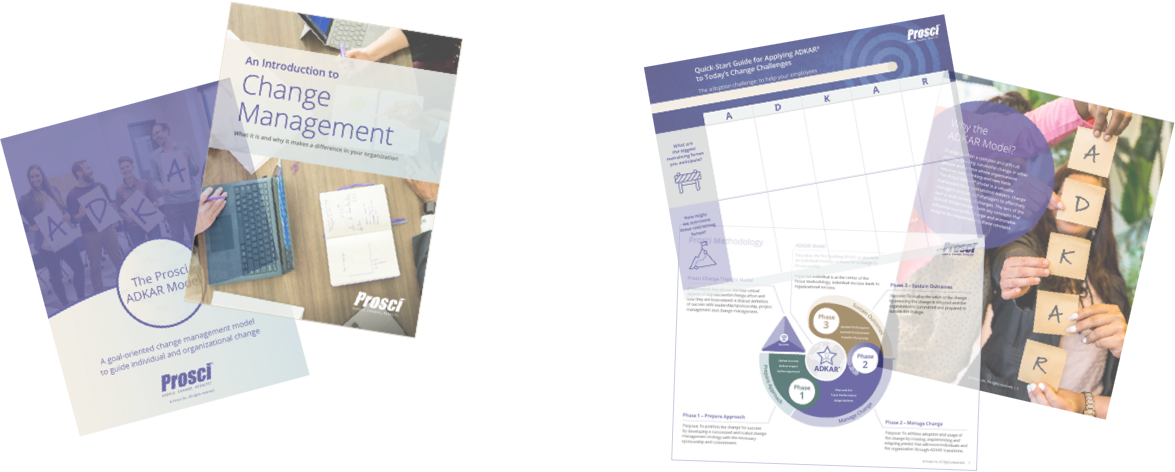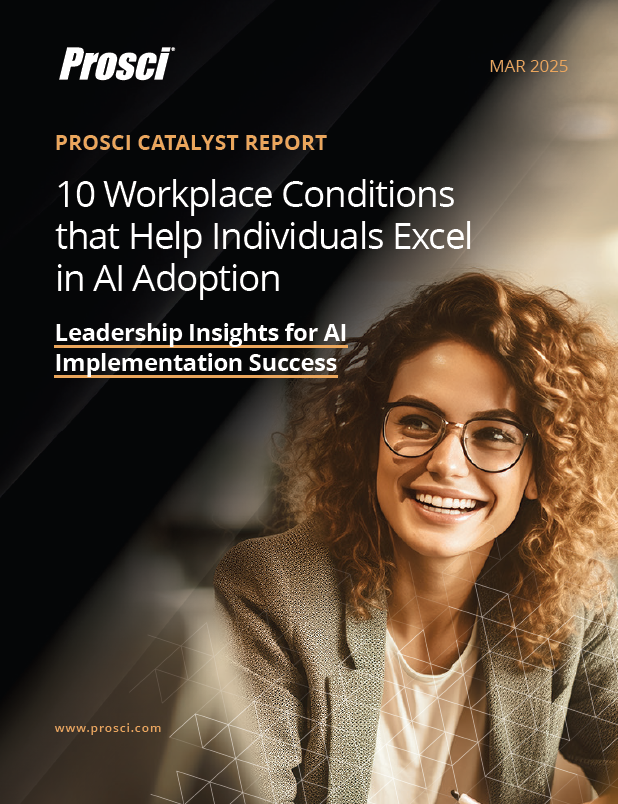
.webp?width=596&name=Blog%20Banner%20Image-Leadership%20focus%20(1).webp)
4 MINS
What is Change Management Consulting
Change management consulting is a discipline focused on preparing, equipping, and supporting individuals so they can adopt new ways of working. While strategies, systems, and structures enable change, it is people who ultimately determine whether a change initiative succeeds.
Read story ![]()

















